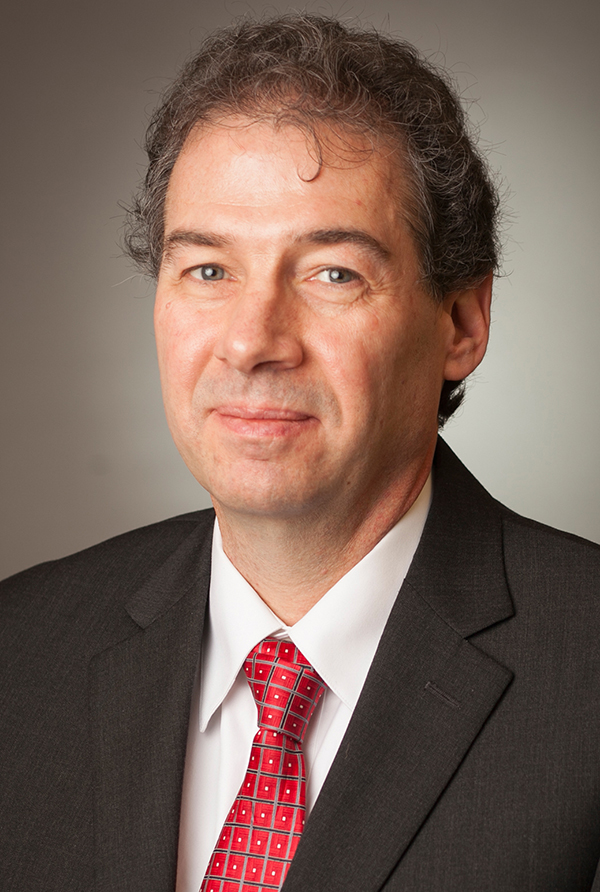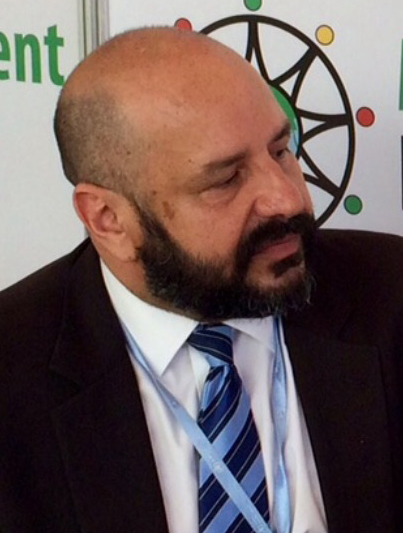Nutrition division partners with World Health Organization
By Susan Kelley


The World Health Organization (WHO) has named Cornell’s Division of Nutritional Sciences a collaborating center, establishing the division as a research and training partner in WHO’s public health and nutrition policies.
The partnership formalizes and deepens Cornell’s current collaboration with WHO in nutrition policy and guidance, said Patrick Stover, the division’s director and professor of nutritional sciences. “This allows us to better advance Cornell science for the public good on a global scale,” he said.
The four-year agreement will build on the two-week Cochrane/Cornell University Summer Institute for Systematic Reviews in Nutrition for Global Policy Making, which will take place for the third year on campus this summer led by Patricia Cassano, professor and associate director of the division.
At the institute, nutrition experts from around the world gather for hands-on training in WHO procedures to evaluate and use scientific evidence to inform WHO’s recommendations for nutrition and public health policy. For example, one of the topics studied in 2015 was the effectiveness of folate as a treatment in sickle cell disease through understanding the evidence base for this commonly used clinical intervention.
Thanks to the new designation, Cornell’s role in training experts will increase and also extend to include Cornell master’s degree students, Stover said. “The institute will allow faculty and graduate students to engage more rapidly in the process of translating new scientific knowledge into nutrition policy and programs to improve the health of all populations globally and, thereby, enhance the impact of their research,” he said.
Another key aspect of the collaboration center will be in the area of implementation science – converting nutrition knowledge to effective polices and programs at the national and global level. It’s an area in which several Cornell faculty members are global leaders, including David Pelletier, professor of nutrition policy, who will lead this effort. “They will be actively engaged in developing a global database, hosted at WHO, to support best practices in implementation of nutrition programs,” Stover said.
The four-year agreement may be renewed for another four years or for a shorter period.
The division was chosen for this partnership because it is a worldwide leader in nutrition, said Juan Pablo Peña-Rosas, Ph.D. ’97, coordinator of evidence and program guidance in WHO’s Department of Nutrition for Health and Development. “Its alumni and faculty are commonly in leadership positions in the field of health and development,” he said. In addition to participating in the summer institute, many division faculty have advised WHO over the years by serving on advisory panels and guideline development groups, he added.
The division’s expertise is crucial to WHO, which moved to a rigorous process of evidence-informed guideline development in 2007, Peña-Rosas said. As a result of the new process, many of WHO’s nutrition interventions required updated, systematic reviews of the evidence of their effects and safety, he said. Likewise, innovative statistical methods have been needed to determine new thresholds to define vitamin and mineral deficiencies, he said.
“Even more challenging work will come ahead for the updating of new diagnostic and screening tests for nutritional status in populations,” Peña-Rosas said, adding, “As an international civil servant, I did not hesitate to turn to my alma mater for support in this challenging work.”
Media Contact
Get Cornell news delivered right to your inbox.
Subscribe